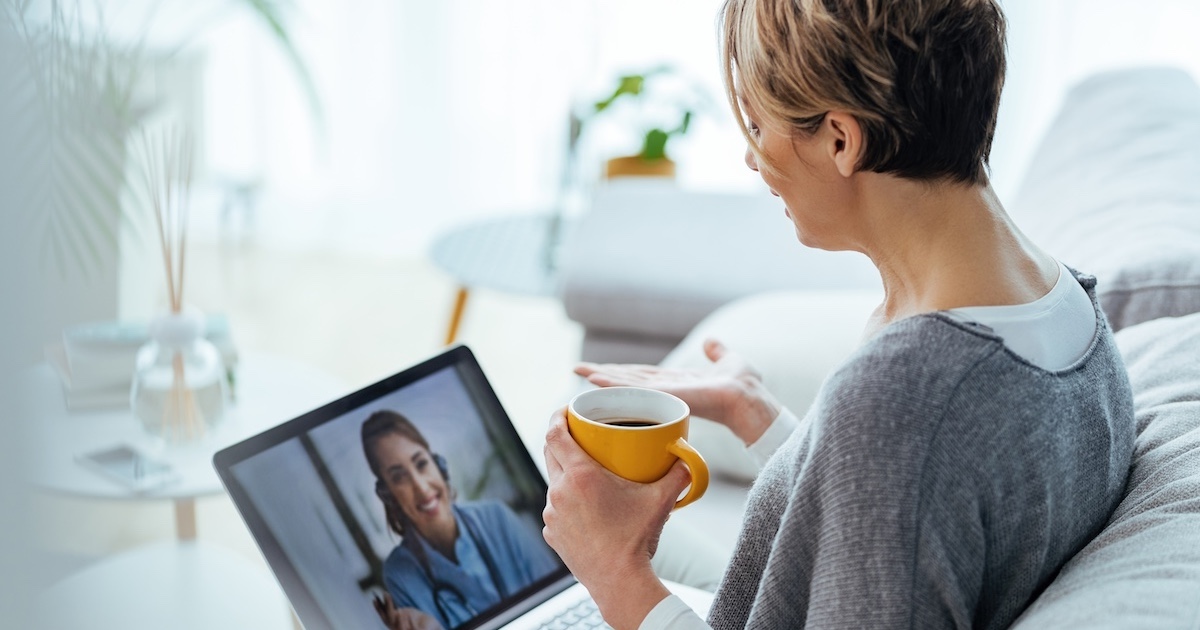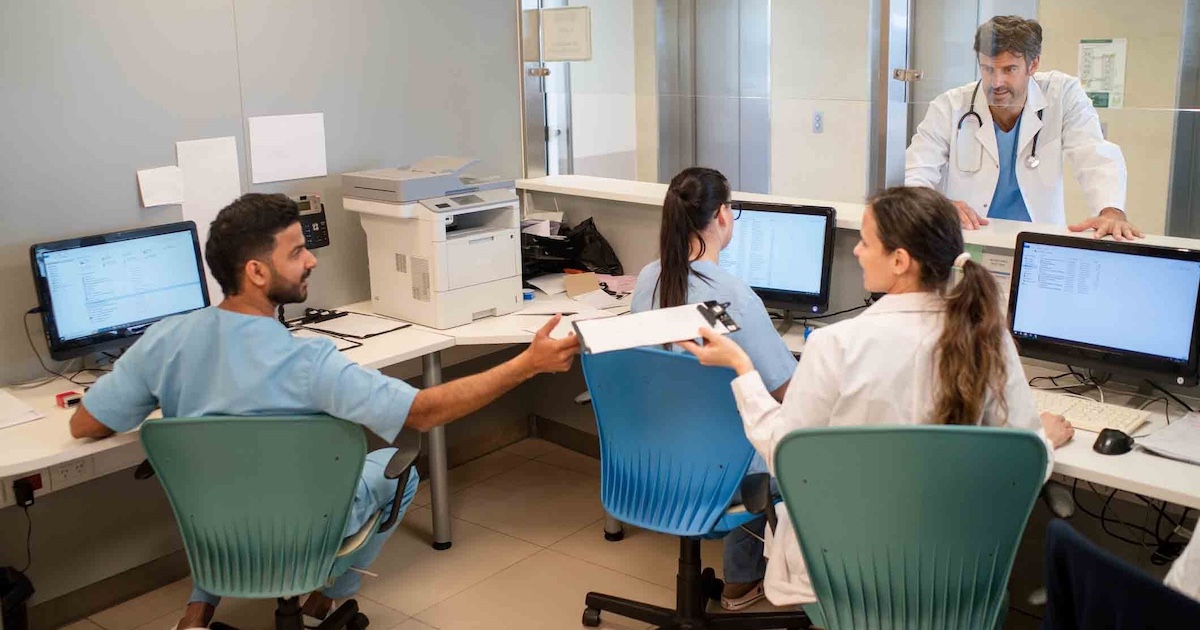One of the prevailing myths about mHealth is that it doctors aren't adopting it because they fear it will replace them. But Patty Mechael, PhD, MHS, executive director of the mHealth Alliance, says mobile health tools and solutions will only serve to make physicians better at their jobs.
"A lot of the time, doctors fear mobile healthcare will make their care redundant, but this won't be the case," she says. "Their role will change and be much more systematically refined. They will be dealing more with acute cases than with the routine types."
Mechael has been actively involved in mHealth for more than 15 years, primarily in Africa, and joined the mHealth Alliance in 2011. The alliance, hosted by the UN Foundation and co-founded by, among others, the Rockefeller Foundation, the GSMA and the Vodaphone Foundation, is the world's leading resource on global mHealth issues.
Mechael, a speaker at several mHealth Summits, says mHealth devices will used for preventive work and diagnostics, but clinicians are still needed to translate the data recorded on those devices and to make clinical decisions for their patients.
Mechael says mHealth is getting to a place where "it's just going to become part and parcel of how people interact with the health system, or at least that's my dream."
Soon, she says, "we will all likely be interacting with the health system through a mobile device of some sort, whether from a positive perspective – such as fitness and well-being – or to manage some sort of chronic health condition."
Mechael anticipates the increased use of mechanisms for smartphones, including sensor technology, apps, remote sensors and biometrics – some of which are already on the market.
"We are just getting started with what's going to be possible through mobile technology, and it's really exciting," she says.
Mobile health will give individuals greater control of their own health, she says. The consumer will have more self-management capabilities, she says, and can course-correct as needed. In addition, she says, patients will have a more targeted interaction with the health system where and when it's needed.
When patients who once had to trek to the doctor for follow-up visits can have follow-up visits with remote sensors, this will have cost implications for healthcare, she says.
"To me, this is really where mobile technology can be disruptive, and can be a game changer in a way we haven't seen before."


